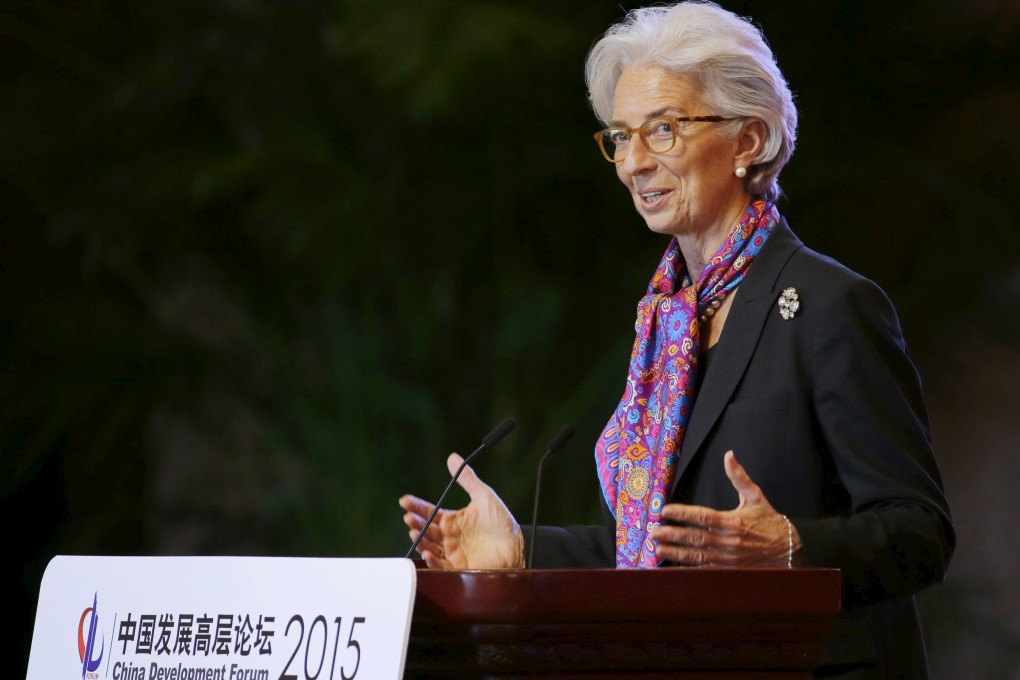China's IMF ambitions revealed in new archive report
Beijing has eyed bigger role in global system since helping create world agency in 1944

China's bid to play a bigger role in the management of the global financial system has been in train since it helped draw up the rules that created the International Monetary Fund in 1944, according to a report published today by OMFIF, the network linking central banks and sovereign wealth funds around the world.
The report throws new light on the original discussions that set voting power quotas at the IMF and China's key role in them, striking many parallels with Beijing's current efforts to gain a bigger say at the Washington-based multilateral lender, the rules it sets to manage global finance and in the world's system of reserve currencies.
"The Bretton Woods conference agreements, with inter-governmental cooperation as their framework and exchange rate intervention as their base, embody a mixture of the thoughts of both the socialist and capitalist economies," says the report by Jin Zhongxia, a former director general of the People's Bank of China's Research Institute and now China's executive director at the IMF in Washington.
"The topics currently discussed among the leading countries are not significantly different from those debated at the Bretton Woods conference.
"Those who open up and learn from the dusty archives of Bretton Woods may perhaps gain insights into many other issues relevant today."
Jin's report draws on previously undisclosed documents from China's central bank archives and shows that concerns discussed 71 years ago at the Bretton Woods conference that created the IMF remain at the heart of current lobbying efforts by Beijing to have voting power commensurate with its economic status in the global system.
It also helps explain some of the motivation behind Beijing's efforts to back its own multilateral lenders, the Asian Infrastructure Investment Bank and the New Development Bank - the so-called BRICS Bank - that many commentators see as challengers to the IMF and its sister organisation, the World Bank.